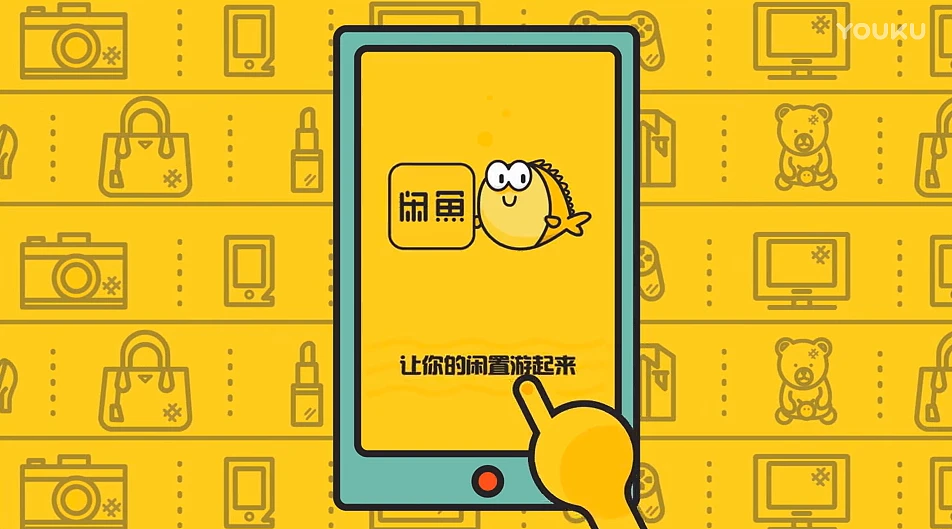Executives at China tech giant Alibaba, phone and computer maker Xiaomi and ecommerce platform Dangdang have been at the center of scandals surrounding alleged vulgar comments, affairs and even breaking and entering in recent days. The tech sector has become a major force in Chinese society in recent years, but executives continue to draw criticism for actions that reinforce its reputation as a hub for toxic and misogynistic culture.
Last Friday, Xiaomi VP Chang Cheng came under fire on Chinese microblogging platform Weibo after he posted a series of “joke” ideas on how to promote the companies new Mi 10 Youth edition handset. Chang suggested that storylines including “behind every pretty girl in the female dormitory there must be a (@>_

Source: Weibo
Netizens described the attempt at humor as advocating for voyeurism and stalking and bashed the VP with over 60 million comments on Weibo using the hashtag #常程.
Related:
 Lipstick Messages, Bunny Massages, and Marathon Manicures: Sexist Stereotypes Hit Chinese HeadlinesArticle Nov 05, 2018
Lipstick Messages, Bunny Massages, and Marathon Manicures: Sexist Stereotypes Hit Chinese HeadlinesArticle Nov 05, 2018
The co-founder of ecommerce platform, Dangdang, Li Guoqing, has had also had a rough year. In February of 2019, Li announced his departure from the company and peaceful handover to his former wife and co-founder Yu Yu. Li filed for divorce in October last year, but things quickly took a turn for the worst as he was accused of domestic abuse, extramarital affairs with men and stealing 130 million RMB from the couple’s joint savings account, according to Technode.
This week, Li once again made headlines for an attempted coup of Dangdang’s management. Li and six others reportedly broke into the company’s headquarters and stole official corporate seals which are considered to be a company’s legal signature, before distributing a letter to employees stating that the company will no longer be run by Yu.
Following the attempt, a video capturing the theft went viral, but the Dangdang VP Kan Min stated that there was no truth the Li’s claims and that the seals taken by Li are void.
Seemingly in response, a new section has emerged on Dangdang entitled “From Glass Shattering to Seal Grabbing” (Li infamously smashed a glass in the middle of an interview last year). Books for sale on this part of the site include titles on bisexuality, prenuptial agreements, psychology and corporate law.
Related:
 8 Juicy Scandals that Broke China’s Internet in 2018Article Dec 17, 2018
8 Juicy Scandals that Broke China’s Internet in 2018Article Dec 17, 2018
Meanwhile Chinese tech giant Alibaba has also been feeling the heat. Last week, a woman who was identified as the wife of senior VP Jiang Fan posted a statement on Weibo warning Zhang Dayi, a social media influencer at KOL agency Ruhnn, to stop “messing around” with her husband. Jiang then asked Alibaba to launch an internal investigation into his affairs to prove his innocence in the matter.
Yesterday, Alibaba announced that it had removed Jiang Fan as president of the company’s marketplaces Taobao and Tmall, demoted him from senior VP to VP, and removed him from its list of partners. The removal brings into question Alibaba’s involvement in Ruhnn since its initial investment in 2016.
Related:
 Ruhnn, China’s Biggest Influencer Incubator, Launches Huge US IPO, Watches Shares Drop 37%Ruhnn helps China’s online celebrities and influencers commercialize their contentArticle Apr 05, 2019
Ruhnn, China’s Biggest Influencer Incubator, Launches Huge US IPO, Watches Shares Drop 37%Ruhnn helps China’s online celebrities and influencers commercialize their contentArticle Apr 05, 2019
Other scandals in recent years have involved e-commerce powerhouse JD.com’s former CEO Richard Liu, and executives at Tencent and Baidu. It seems that no company is immune to scandal, so the critical question now is what can Chinese tech do to clean up its act?


















